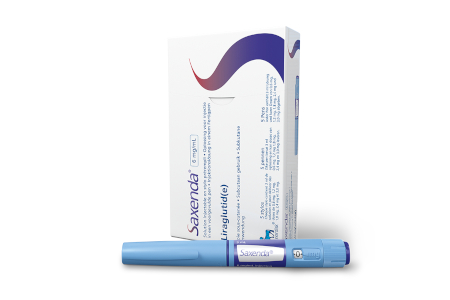
A phase 3a clinical trial* has found that daily liraglutide combined with lifestyle interventions significantly reduced body mass index (BMI) in children aged 6 to 11 with obesity. Results from the SCALE Kids trial, published in The New England Journal of Medicine, showed a 5.8 percent reduction in BMI after 56 weeks of treatment compared to a 1.6 percent increase in the placebo group. This resulted in a between-group difference of 7.4 percentage points favoring liraglutide (P < 0.001).
About 46% of children receiving liraglutide achieved at least a 5% reduction in BMI, a level often considered meaningful for improving cardiometabolic health. However, questions remain about the long-term effects on quality of life, body composition, and nutritional adequacy during growth.
Gastrointestinal side effects were common, with 80% of liraglutide-treated children experiencing nausea or vomiting compared to 54% in the placebo group. Eleven percent of children in the treatment group discontinued due to adverse events.
Experts caution that liraglutide should not be seen as a treatment for all children with obesity. “It’s not a blanket recommendation for every single kid out there who has maybe a slightly high BMI,” said lead author Dr. Claudia Fox. The findings suggest liraglutide may help children with severe obesity who do not improve with lifestyle therapy alone, but more research is needed to understand how best to use it, especially in younger patients.
For more information, please visit TCTMD or NEJM.
*A phase 3a clinical trial is a late-stage study designed to evaluate safety and efficacy in a targeted population before regulatory approval.








